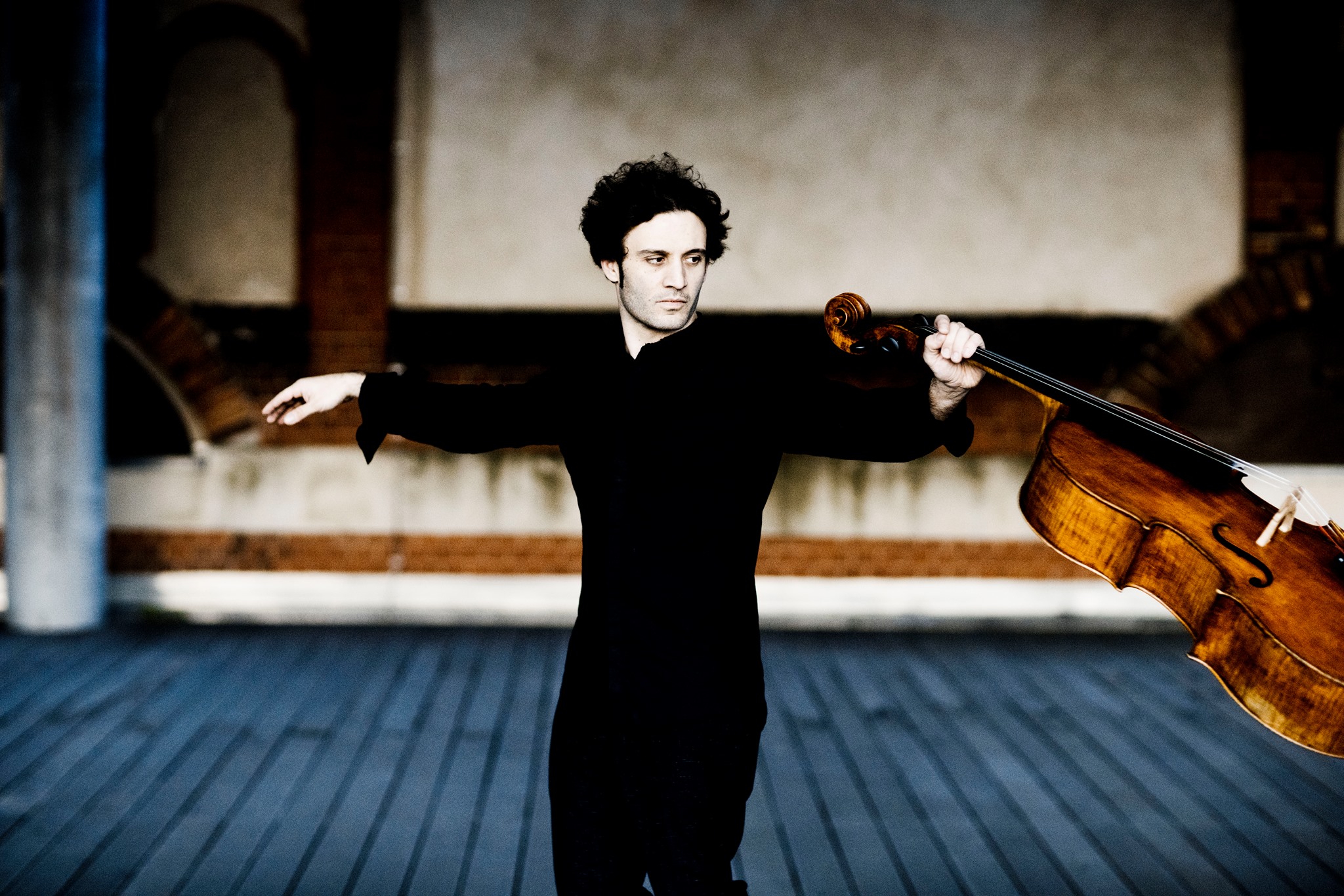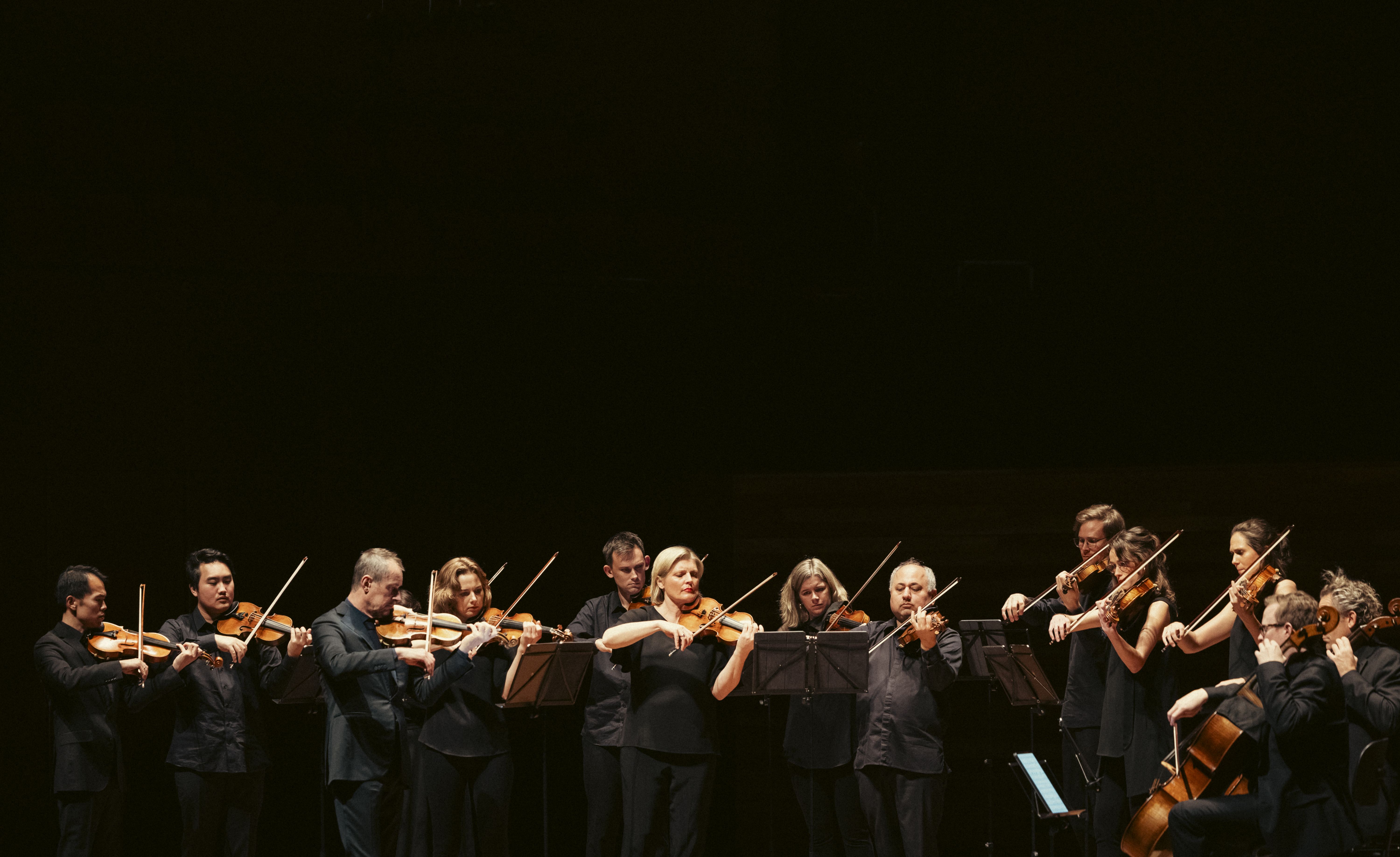
With his distinctive unruly curls, unorthodox concert attire and raw talent, Nicolas Altstaedt is a cellist in a league of his own. The charismatic German-French musician first burst onto the international stage as a BBC New Generation Artist and quickly become a fixture in the world’s greatest concert halls, from New York’s Carnegie Hall to Paris’s Théâtre des Champs Elysées, performing with the likes of the Vienna Philharmonic and the Staatskapelle Berlin.
Altstaedt has earnt a reputation as a dazzling musical chameleon, performing music that spans over a period of a thousand years, from the early days of the Renaissance through to music by today’s most groundbreaking composers. Like our own Richard Tognetti, the Gramophone Award-winning virtuoso also challenges the conventions of what it is to be a ‘classical’ musician, frequently taking to the stage as musical director and conductor in addition to performing as soloist on his precious 280-year-old Guadagnini cello.
We catch up with him ahead of Altstaedt plays Haydn & Tchaikovsky, which is touring from Friday 14 June.
“The ACO is a part of the world’s cultural heritage,” Altstaedt says when we ask him what it feels like to look down the barrel of collaborating with the Orchestra. “I have followed them closely for many years, including when they collaborate with my closest and admired friends including Ilya Gringolts, Pekka Kuusisto, Patricia Kopatchinskaja and Olli Mustonen.”
The cellist, who makes his debut directing and performing with the ACO next month, is no stranger to Australia (“I have been lucky to have visited for many years”) and describes deepening that connection by performing with the ACO as something that “surpasses many dreams.”
“Being invited to work and perform with the ACO is an inspiration,” Altstaedt says. “The Orchestra has an identity of the highest creativity and curiosity in its core, that I look forward to discovering and experiencing. I can only enter this collaboration with the most open-minded spirit, and see where it takes us all together.”
The cellist will be directing Haydn’s Cello Concerto in C major and Tchaikovsky’s Rococo Variations, as well as works by György Kurtág, Sándor Veress and Iannis Xenakis.
Speaking about the program, Altstaedt shares:
“Honouring the sense of exploration of the ACO, the first composer I wanted to choose for this program was Joseph Haydn. There has never been a wider gap in music history than between JS Bach and Joseph Haydn. Haydn builds a new musical language without following up on role models and is the composer of the age of enlightenment, that impacts our music right up to today. He reinvents himself with each piece and is therefore someone you can call an avant-gardist.
“The closeness to the Hungarian language in Haydn’s music during his time in Esterházy is evident and programming one of my favourite composers, Sándor Veress, was a logical combination. The Haydn Cello Concerto and Veress’s Transylvanian Dances reveal the musical roots of the people.
Accompanying these are Haydn’s Seven Last Words of Christ and Kurtág’s Officium breve in memoriam Andreae Szervánszky, pieces that reveal the spirituality of the human condition.
“Travelling further east during the time of Rococo, it has been a strong wish of mine to present a masterpiece of the cello repertoire in the far too little performed original version by Tchaikovsky, revealing all subtlety of this noble soul, the Rococo Variations.
“And, finally, travelling to Australia and being inspired by its vast landscape and historical nature, I intuitively felt the need to include a piece by Xenakis, whose music represents a million-years'-old archaic truth.”
We can't wait.
Photo: Marco Borggreve
